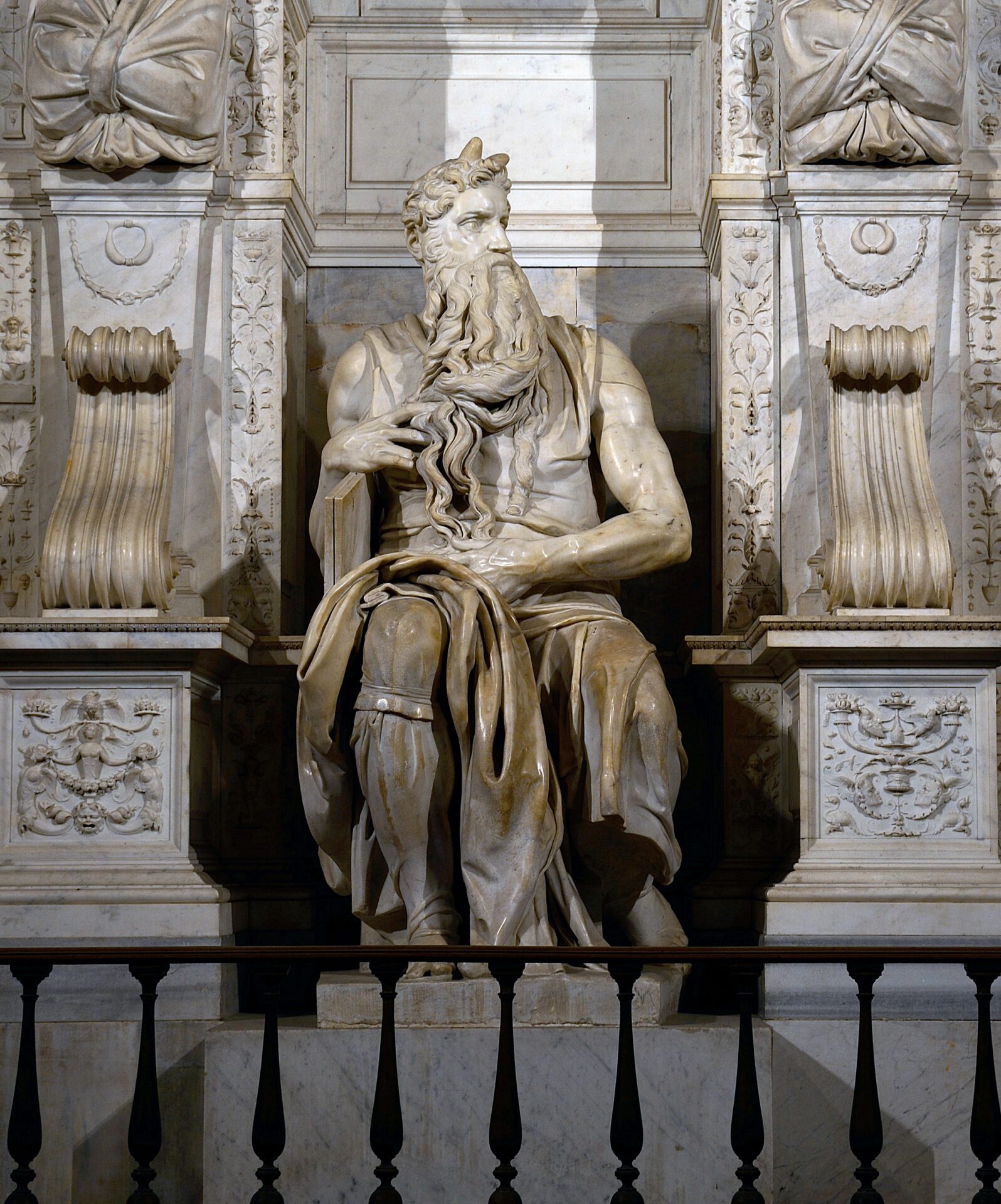#DWYL
As-Long-As-Your’re-Happy . . . Follow-Your-Heart . . . Be-True-To-Yourself . . . Believe-In-Yourself . . . Live-Your-Truth . . . Be-Your-Best-Self . . . Do-What-You-Love — the aphorisms of our day are elegant. They sound like beautiful advice. They’re certainly enticing. Who wouldn’t want to be their best self?
Tara Isabella Burton’s sweeping history, Self-Made: Creating Our Identities from Da Vinci to the Kardashians, has shown that the quest of our selves has been integral to the evolution of Western, capitalist culture since the European Renaissance. Meanwhile, Walter Isaacson’s portraits of Elon Musk and Steve Jobs provide exhaustive examples of how these iconoclastic influencers incarnated the ethos of self-curation — albeit under the auspices of altruistic aspirations — down to the exacting minutiae of their lives. And as the allegedly amoral algorithms of our social media feeds reflect, self-curation appears to be the implicit metanarrative of the average person, not just celebrities. Clearly, much of the Happiness Industry, the Nomadic Economy, the monetized Self-Care movement, and, soon if not already, CRISPR human engineering run on the engine of self-curation.
But are our enchanting axioms true? How do they compare to the wisdom of the ages — let alone stand up to life?
As a Christ-follower, I have no interest in pointing the finger at the world; as Paul and Sosthenes warned the Christians in Corinth, “For what have I to do with judging outsiders? Is it not those inside the church whom you are to judge?” Pew Research Center shows that 61% of self-identified Christians in the USA engage in New Age or occult practices or beliefs (published January 2024). That means 3 out of 5 American Christians mix things like tarot cards, Reiki, the underlying Hinduism of yoga, or belief in reincarnation into their religious life. If the majority of Christians are actively dipping into the fountain of paganism in these ways, then surely we are imbibing the potent potables of our culture’s axioms — I, for one, have.
One fair test of these second-person singular imperatives would be to consider the lives of famously ethical and wise people. If the advice is true, then certainly it should be true of those whom history has esteemed highly through the ages. For Jewish readers, there may be no greater hero than the amanuensis of God’s code of ethics, Moses; for Christian readers, there is no greater hero than the Jewish Messiah, Jesus of Nazareth. As a shorthand for all of our axioms, I will use Do-What-You-Love or its hashtag acronym DWYL.
Moses
Did Moses do what he loved? His life was a celebrated success by all accounts, so his narrative should be replete with lessons about following his bliss. Moses had at least four diverse careers according to Exodus.
Did he enjoy his first career as a prince of Egypt? He was thrust into the royal family. Once he discovered the injustice of how his adoptive master-class treated his native people, he certainly did not enjoy being an Egyptian ruler. And so he left his post posthaste.
Did he enjoy his second career as a shepherd? Once he became a refugee and married into a sheep farming family, he became an accidental herdsman, helping his new father-in-law’s agribusiness. And so Moses unwittingly follows the pattern set 444 years earlier when his patriarch Jacob fled home and fell into his in-laws’ animal husbandry.
Did he enjoy his third career as an abolitionist? God didn’t give him much choice. Moses made every excuse he could, but he could not deny the reality that he had been given access to Pharaoh’s court in order to save Israel, even as Jacob’s son Joseph had become prince of Egypt in order to save people. If Lincoln was a reluctant emancipator, Moses was an involuntary one.
Did he enjoy his fourth career as the leader of a renegade nation? Moses made the seamless transition from liberator to apostolic leader of the people. From Israel’s grumbling to Moses for water right after the miracle of walking through the sea, to forty years later when Moses rebukes Israel as a stubborn and rebellious nation, his career of frustrations is an open book. Once again, it was not his ambition that led to this occupation, but his obedience to God.
Moses would fail as the poster child for Do-What-You-Love. Rather than chasing self-actualization, he fell into one career after another. One could even say, to mix metaphors: God hammered Moses’s camel through a series of needle eyes. There’s never any inkling in any text that Moses was particularly well-suited for, let alone loved, what he was doing—if anything, quite the opposite. We come away from story after story with the sense that he did what he mostly hated.
Jesus
Certainly with Jesus of Nazareth, the DWYL advice should fare better. Surely if anyone could and would do what they love, it would be the Son of God, the anointed Messiah, the King of kings. So: How did Jesus do according to the DWYL metric?
Jesus’s first career was as a builder because that was the family’s line of work. There’s a good chance that Jesus had a hand in building the first-century stone roads and columns in the city of Sepphoris of Galilee. Did Jesus enjoy picking out rocks, breaking them down, moving them, chiseling them, and setting them for the Roman client state? Perhaps that was just his first career so that he had blue-collar bona fides to identify with the common man as he climbed the ladder of axiomatic success.
But of course: If Jesus ever climbed a ladder, it was downward. He said that he came not to do his own will but the will of God-the-Father whose agenda included valiantly suffering by, with, and for the world. Why? Because the Father loved the world.
Jesus was no masochist. Like Moses, he tried to avoid suffering. But in the end: Jesus loved the Father too much to say no. Jesus’s trust (also known as faith) in the Trustworthy One resulted in an expectancy (a.k.a. hope) that while mortal suffering is real, it is not the demise of life because the Father is the God of self-sacrificial attachment (a.k.a. love).
Jesus shared the analogy of a mother anguishing in labor: Her sorrow is temporary and serves the joyful purpose of giving birth to new life. Likewise, Jesus himself endured suffering for the compelling vision of joy set before him.
What I Love
Perhaps Do-What-You-Love is more relevant for less celebrated, less successful people. Take me, for example. I have loved a lot of things. If DWYL were true, then I should have had any number of yellow brick roads to follow in my life. Here are but a few brief examples:
I loved U.S. Constitutional law regarding hot-button social issues. But that did not mean that God had called me to be a culture warrior even though I started on that path in a Pre-Law program in college. While my internship under Judge Robert Bork could have been my ticket to follow in his footsteps, I think God let me brush up against this cultural icon so that I could see what it’s like when someone has so idolized their presumed vocation that they are unable to let go of bitterness even several years after being unjustly foiled.
And so I said goodbye to law and said hello to loving its slightly more sanguine cousin, political philosophy. But almost as soon as I was awarded a full assistantship to get a PhD in that discipline, the givenness of life foiled me. My grandmother’s Alzheimer’s was progressing and there was no one else able to stand between her and being relegated prematurely to a nursing home.
The day I faced my crossroad was a beautiful July afternoon. I lay down on a wood bench in the backyard and stared up at the blue sky and pondered: Do I leave her and start my promising academic career, or do I stay home to become her primary caregiver? Immediately I had a moment of Divine clarity and peace.
And so I traded in four years of grad school for four years of changing her diapers. Not because I loved cleaning her up. But because I loved her. Loving her more than Doing-What-I-Loved required an ordering of my loves.
Ordo Amoris vs Posse Mori
The Mosaic code of ethics (a.k.a. the Law or Torah), given for slaves from North Africa, called them to reorient their lives around the twin imperatives: Love the God who loved them—the God who created them, who fed them, who clothed them, who called them to a hopeful adventure, and who emancipated them—and love their neighbors. Nearly 1,500 years after Moses, Jesus underscores these two loves as the way to life.
Four centuries later, it is Augustine of North Africa who defined virtuous character as the proper ordering of loves. The order of love (ordo amoris) is necessary to overcome humanity’s slouching toward death (posse mori). In the 1200s, Clare of Assisi explained that “We become what we love and who we love shapes what we become.” Thomas Cranmer’s keen anthropological observations in the 1500s are summarized by Ashley Null as “What the heart loves, the will chooses, and the mind justifies.”
The anthropology of the ages resonates throughout this side of eternity because it has proven true in generation after generation for the sons of Adam and daughters of Eve. Our loves indeed shape what we do and who we become, but when we follow them wherever they lead, we slouch toward death rather than journey toward life. Moses’s simple narrative about Adam and Eve in the opening turns of the Torah scroll proves pivotal for the rest of the biblical scrolls. The prototypical humans, even in the perfect environment of Paradise, were enticed by disordered loves. Instead of resting in the perfect fidelity of their Creator, they were aroused by a lowly creature. Craving what was verboten appealed more than God. Even with a smorgasbord of God’s goodness on offer, their loves led them toward evil and death.
The Irony
Ironically, the evil on offer was their own. Their acquisitive acquiescence amounted to a Nietzschean “I wish God were dead.” They had not set out to reject God, they only presumed they could hold on to God with one hand and to the axioms of life with the other. But it was an untenable tension. They couldn’t handle both.
Their eyes were open to their own infidelity. But it was too late. Having traded in the purity of their relationship with God, they had nothing to cover their guilt.
Adam and Eve warn us from the grave. Even if we lived in Paradise, it would not be enough. Left to our own devices, we will disorder our world so as to achieve what we love, even if someone has to die for it. We would rather have innocent blood on our hands than give up what we love. That is who we are. It is part of the condition of not being God.
Love God And Neighbor
Jesus’s imprimatur is stamped on Love-God-and-Neighbor for good reason. This is the only twin sun which can rightly orient the orbit and order of all our urges, desires, and loves. Loving anything else will not do. Not all loves are equal. Doing-what-I-love does not lend itself to self-sacrificially loving what is unlovely in the short-term, let alone doing the hard work of rescuing and recreating things for eternity.
“Love God and Neighbor” is not nearly as sexy in our ears as “Do What You Love.” Distributive economics is not nearly as enticing as capitalism. Being lynched as an international convict is not nearly as self-actualizing as calling on a legion of angels and being coronated as king. Changing diapers on an adult is not nearly as rewarding as earning a PhD.
What Love-God-and-Neighbor lacks in charm, though, it more than compensates for in its lasting rewards. By prioritizing loving God, we attach ourselves to the Sovereign who self-sacrificially suffers with us through life and death so that we may partake in re-creation. By loving our neighbors, we sanctify our loves by participating in God’s self-sacrificial love to them.
In loving God and neighbor, we participate in the life, death, and resurrection of Jesus, whether we know it or not. We become more like Jesus, whether we feel it or not. The human condition and the nature of God require no less of us.







2 comments
Curt Day
Hope that I am not being reductionistic here but I view all of this self-seeking stuff described in the above article as a result of living in a consumer society. In a consumer society, the mindset being promoted links our own significance with what we consume, how we consume, and how much we consume.
Some theologians have pointed out that being overly concerned about the law can cause people to be too self-focused and self-aware. And I guess that can be a form of being self-seeking too.
In either case, here Martin Luther King’s perspective, as expressed in ‘Stride Toward Freedom’, is helpful and shareable with unbelievers too. In comparing Marxism/Communism with Capitalism, his fear was that under Capitalism, a person’s self-worth would be measured in one’s possessions and would not include what one contributes to others and to making the world a better place.
For those with a consumer mindset, what one contributes to others and to the world becomes only the price of admission to gorging oneself. We need to teach society and the Church of the need to be other-directed instead of self-seeking. And lest we inappropriately judge outsiders, we can do that in two different ways. We can tell outsiders to serve people while we tell those in the Church to serve God, which is partially done by serving people.
BTW, there is a place where we are called to judge outsiders. It is in the part of our evangelism where we call people to repent of sins. Then again, we should make it clear when we preach repentance that we are part of the audience too.
Harry
Hi Curt, thanks for your thoughtful feedback and interaction . . . FPR edited and published about half my manuscript; if you look at my longer piece here: https://harryz.ghost.io/enchantingly-axiomatic-snakeoil I think I make it clear that the self-seeking is endemic not only to modern “consumer society” but is part of the human condition.
Blessings on your goodnewsing and labor,
In Jesus who is our Good News,
Harry
Comments are closed.